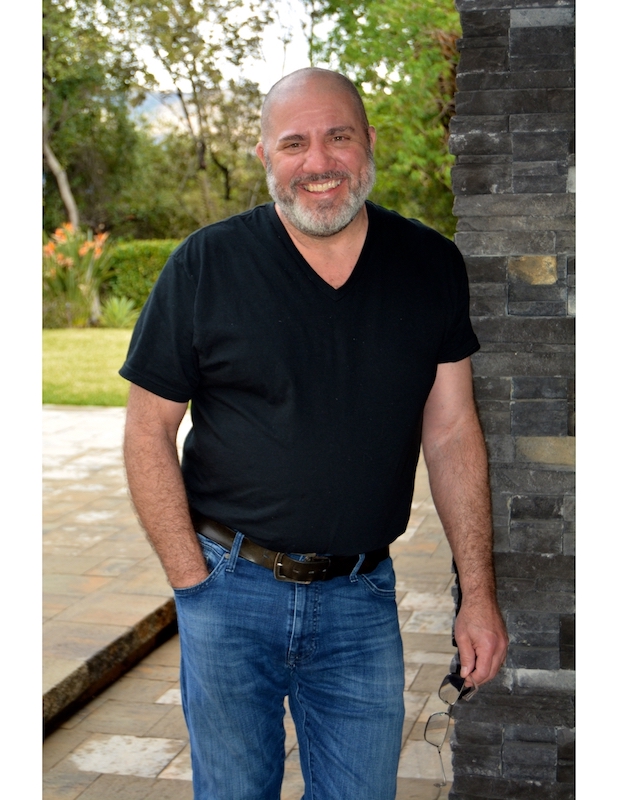A NOT SO GENTLE DENTAL DISCOURSE
Teeth cleaning—what I call Molar Molestation, Incisor Intrusion, Bicuspid Brutality, and Canine Cruelty—ranks high on my list of necessary evils, like prostate exams, and obligatory holiday dinners. If you want healthy teeth, it is a must, at least every six months: it sucks to do, but do it you must.
The whole process sucks: from the time you check in (a relatively painless step, unless someone inept is assisting you), to the wait in the lobby (a more challenging event for me because being Italian, patience is not my best virtue), to the actual teeth cleaning (a process that sets my teeth—and my mind—on edge).
The waiting area offers few distractions from the impending imposition on my upper and lower sixteen. But I do my best to make the best of it. My eyes locate a Time Magazine jammed in a rack on the wall. It, like all the other magazines there, are dated. Dentist offices seldom have current material: What’s up with that? Regardless, it seems a better option than Wordscapes, my go-to app for occasions like this.
Within its pages, I find an article on mysticism. According to its author, most of us have misperceptions and misgivings about mysticism, due in large part to its strict definition: a belief that union with or absorption into the Deity or the absolute is attained through contemplation and self-surrender. But, as I learned, there is a more generic definition—one stripped of religious coloring. Simply put, mysticism is the act of contemplation, meditation, and reflection. At least that is what the word’s etymology implies; it stems from a Greek word that means to close one’s eyes and lips. In other words, if you want to be mystical, you need only close your eyes, shut your mouth, and listen. The point of the article: imagine what we might hear—if only we listened more.
My attention is arrested because my name is called. I smiled. That will be the last time until I leave.
The dentist escorted me to a seat that looks like a one-man taboggan with arm rests. Immediately, I think of The Running Man, a gameshow in which Arnold Schwarzenegger and fellow prisoners run to avoid brutal death. He was lying in something similar when he was shot down a tunnel into an arena where he must run for his life, as he is chased by deadly characters with colorful names, like Dynamo, Captain Freedom, and Buzzsaw. As my chomper cleansing is about to commence, running sounds like a great idea.
Above my face is a lamp that reminds me of ET; its lanky maneuverable neck looks like his. The light it emits is so intense, I find it hard to think the machine kind and gentle, like ET. The torturous brilliance from its “face” belies its benign look and makes me feel like a prisoner being interrogated. The only thing I can do is close my eyes: doing so helps you hear better (according to the article on mysticism) but also keeps you from seeing what you need to see.
For a brief moment, I dare to open my eyes. Someone is gingerly placing tools of torture on a tray: a Dental Pick, Tartar Scraper, Metal Plaque Cleaner, a Polisher, and Tooth Scaler. These, of course, are comrades of the infamous pointy drill that makes a high-pitched whizzing sound, and a saliva ejector, which sucks up all the nastiness the dentist scrapes off your teeth, as well as the excess saliva that accumulates because she has turned your mouth into a construction site. It reminds me of the Dementors in Harry Potter movies who suck every good feeling and happy memory from their victims. Both—good feelings and happy memories—escape me at the moment, as the dentist scrapes away.
As the drilling and scraping sounds assault my ears, I try my best to recall the article on mysticism but being mystical is the last thing on my mind. Who can feel connected to God, or any deity for that matter, at a time like this? It’s not a higher power that is on my mind, but hell.
My fingers curl and contort, and the drill’s sound makes me wince. But what can I do? I am a prisoner of this DDS of Displeasure, this Agent of Annoyance and Agony. For a brief moment, I think to ask her to whiten my teeth just to do all my dental duties in one day, but I decide it can wait. My tolerance level has been depleted. No wonder I push my cleanings out every six months: it takes a long time to erase a bad memory.
As I was leaving, the dentist admonished: no eating or drinking for the next hour. Since there was no need to open my mouth, I chose to meditate. (With mouth closed, I now only needed to close my eyes to have a mystical moment.) So, for the next hour, I chewed on my thoughts. Here’s what my time in dental detention yielded:
As distressing, agonizing, and traumatic teeth cleaning seemed, it does not come close to the level of distress, agony, and trauma that stems from racism and bigotry. Those who get their teeth cleaned tolerate the scraping, drilling, and polishing for an obvious reason: dental hygiene. Nothing beneficial comes from racism and bigotry, so asking people to be tolerant in the face of them is as impossible as catching a flood in a dixie cup, like the one the dentist gives you so you can rinse your mouth out. As plaque plagues our mouths, bigotry and racism has plagued our communities: racists and bigots—intolerant mindless haters—are stains on our society, as yellow as the teeth of a fifty-year smoker. While teeth cleaning is worth tolerating, racism and bigotry should never be tolerated.
In the matter of prejudice and discrimination, scraping, polishing and cleaning, will not do: these intolerances are deep rooted. The malady has seeped deep into the canal of our interactions with one another; the disease has penetrated well below the surface. Something more akin to a root canal or tooth removal is required, whereby the infected pulp of prejudice and the mush of mean-heartedness be removed. The inside of the root canal must be thoroughly cleansed, shaped, then sealed, so the rot can no longer penetrate the space—and any rotted fangs must be pulled. “The only way to destroy them (racism and bigotry),” says Liel Liebovitz in his illuminating book about Stan Lee, is “to reveal them for the insidious evils they are…If man is ever to be worthy of his destiny, we must fill our hearts with tolerance.”
This topic deserves more than dentist visit musings: much more. Maybe there was some truth to that article on mysticism. When I made time to listen, I heard so much more: not the noise of the drill but the sighs and sobs of the discriminated; not the scraping of teeth but the pains and pangs of those who suffered at the hand of the racist; not the polishing of molars, incisors, bicuspids and canines, but the cries of those crushed under the foot of the bigot.
More than six months has passed, and I am overdue for another visit to my dentist. More than likely, you are too. And all of us are way pass due on a procedure to eradicate the infection of racism and bigotry in our lives.
Chris Fontanella
Chris Fontanella is an entrepeneur and author of Against the Grain: Counterintuitive Ideas on Business and Life, a unique account of the atypical philosophies guiding his journey from the ministry to the competitive staffing industry.



